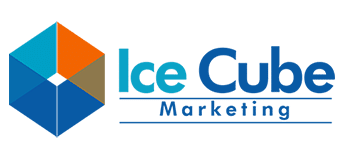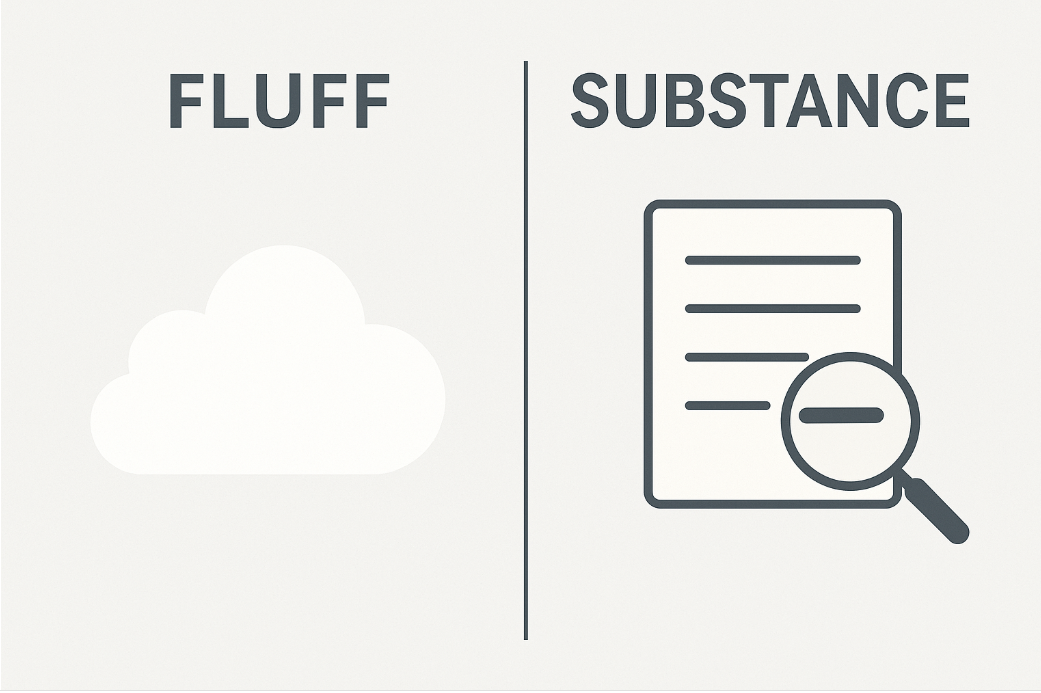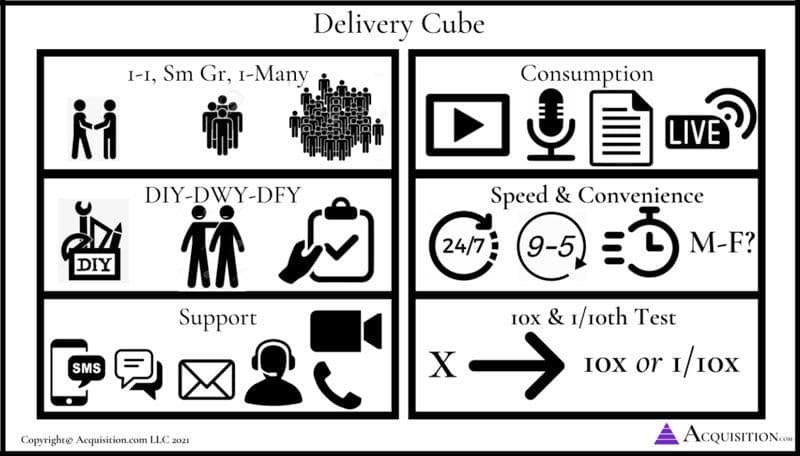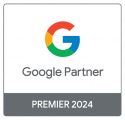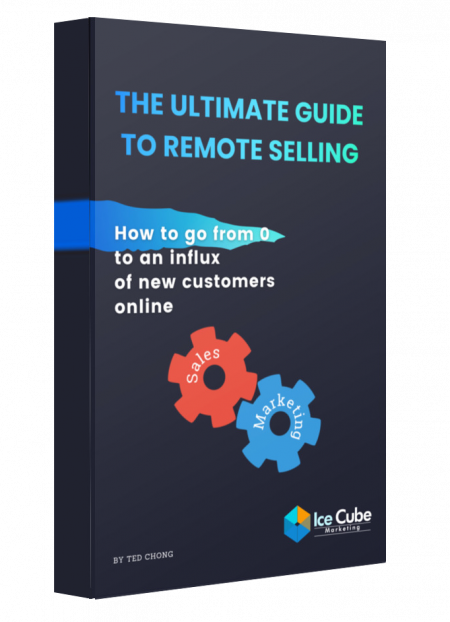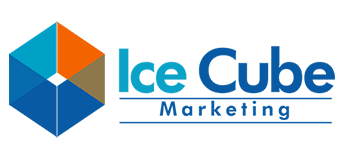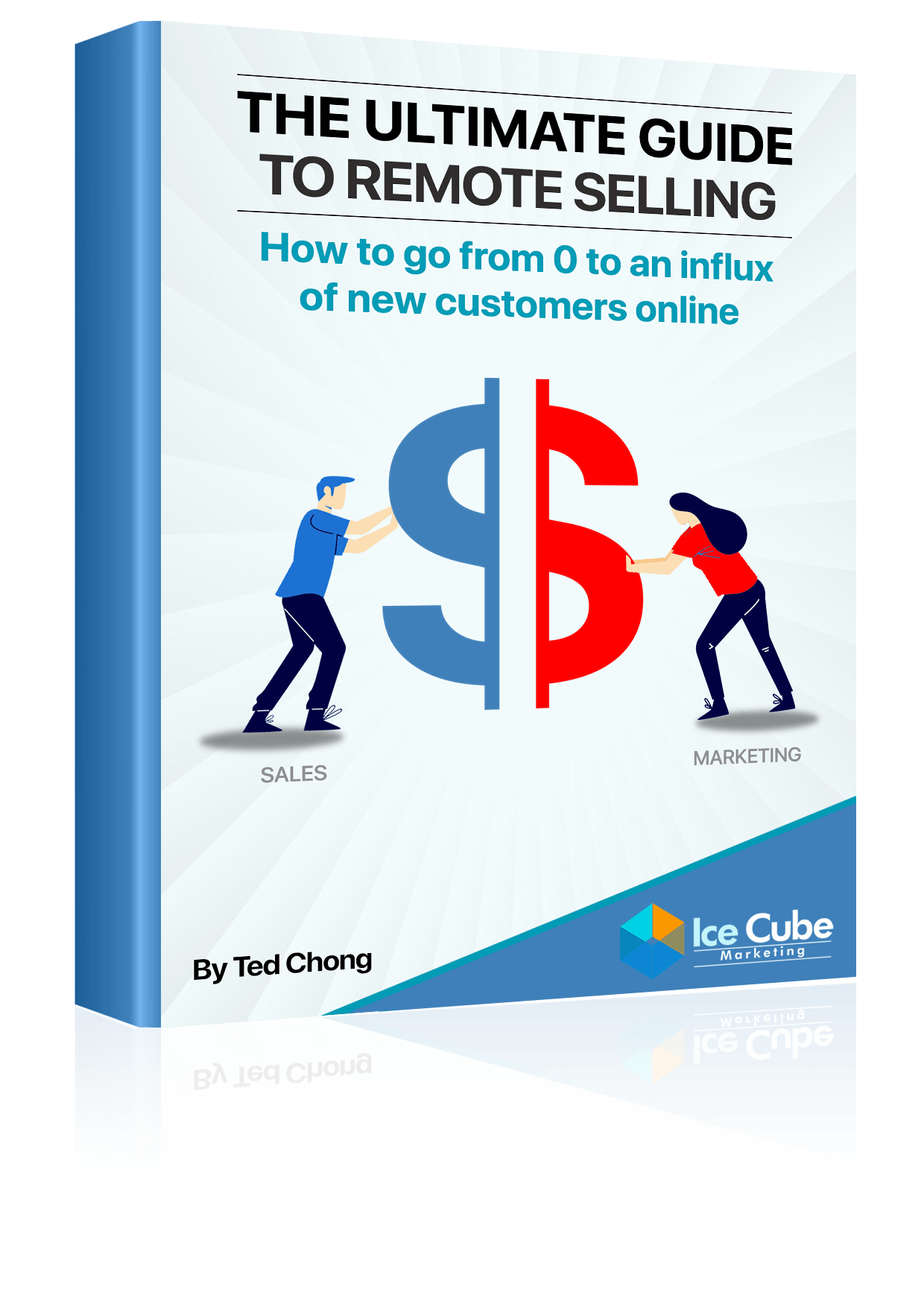Most of us digital marketers are no strangers to Google adwords. This proven way of generating new customers has been around since 2000. Needless to say, the auction platform that Larry Page came out with is now a mature system used by advertisers worldwide.
On the other hand, Facebook auctions has bewildered many advertisers to date. It looks similar to Google adwords on the surface, but actual execution of campaign proves otherwise. Since its conception, Facebook ads platform has undergone numerous changes and remains a mystery for most advertisers. Yet, there are those that have cracked the code to Facebook ads and making huge bucks from it. Here, we start from the basics and attempt to understand each piece of the Facebook ads auction by juxtaposing it with Google adwords auction.
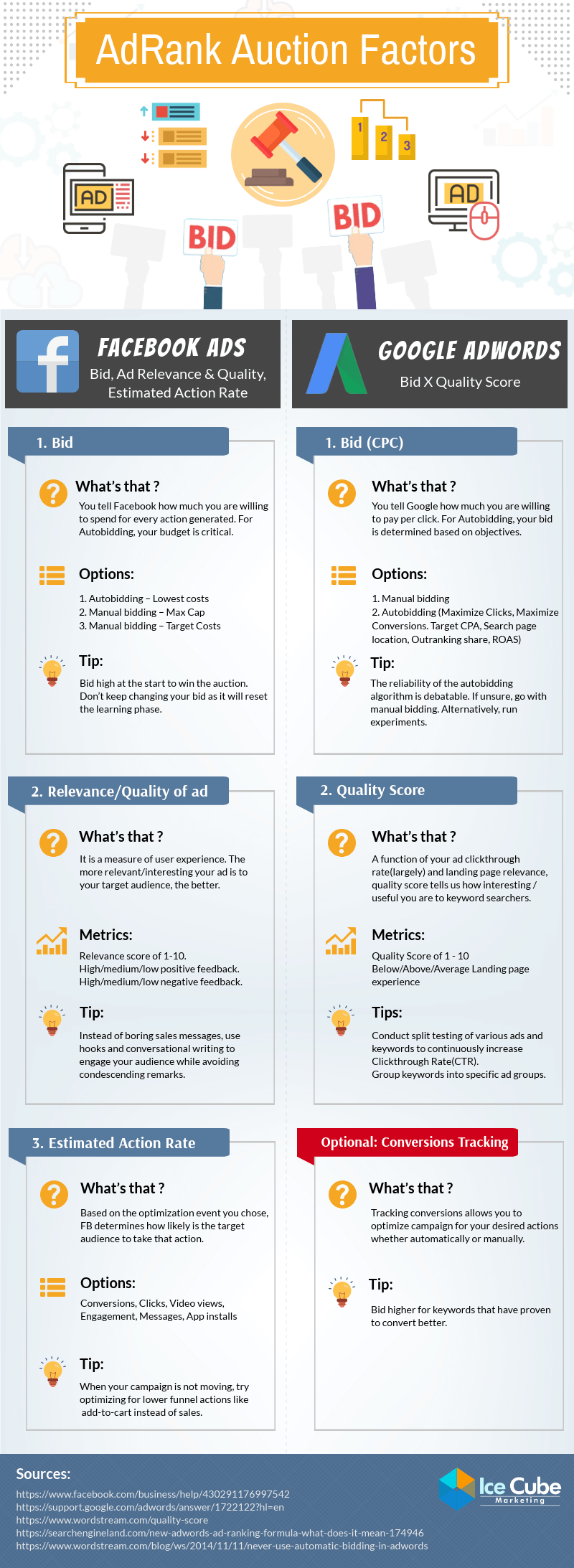
Bid
Since its an auction, you can’t run away from having to bid. However it takes place differently on Facebook vs Google. On Google, one can check keywords planner to gain a rough idea of how much to bid for each keyword. On Facebook, it is harder to determine a bid price because there is no clear benchmark. Every advertiser has a different objective, target audience and target cost. With so many variables, it is impossible for Facebook to come out with their version of keywords planner for benchmarking as well.
For that reason, advertisers typically default to autobidding on Facebook, allowing Facebook to determine a cost per action for them based on their algorithm. On the other hand, in Google adwords, most advertisers prefer to do manual bidding to have more control over the budget and not overspend.(That is, if you are not buying thousands of keywords)
It is also interesting to note that both Google and Facebook have declared themselves A.I companies. Both are paying attention towards developing their “smart ads platform” that leverages machine learning to reliably automate targeting and bidding as much as possible. It will definitely be a win for advertisers who are looking at getting the best bang for their buck. On a sidenote, with targeting being ‘taken care of’ by machines in the near future, perhaps it is important to focus more on copywriting.
Ad quality
Needless to say, both Google and Facebook are big on ad quality & relevance. Suffice to say, user experience is everything for these 2 media giants. Futhermore, Facebook has recently gone under scrutiny for being overly commercialized at the expense of their users’ privacy & comfort. It is not surprising that Facebook has gotten more particular about the type of ads that advertisers run on the platform.
Does that mean lousy ads will be banned from the platform? Of course not, if you can pay money, Facebook and Google will be more than happy to take it. However, if your ads are not exactly appealing, you end up paying a premium to reach to same number of people. And I mean a huge premium. The only type of ads that will be prevented from showing are those that infringe the policies of these 2 giants. However, this is nothing new. Google has always has its policies in place to rebuff dubious advertisers.
In this regard, both Google and Facebook are pretty similar. Both assign a score ranging from 1 to 10 to gauge the quality/relevance of the ad. Both determine the score based on ‘voting by users’. The mechanism in which that happens is referred to as the clickthrough rate. The more users that click through to your ad, the better it is supposedly. Neil Patel recommends that advertisers gain an understanding of content marketing in order to produce campaigns with high clickthrough rate.
However, advertisers are warned not to treat clickthrough rate as the end-all-be-all of online advertising. Afterall, clicks mean nothing until you are able to convert them into sales. Hence, this is where conversion comes in. Like in a relay race, the baton is passed to the landing page to effectively convert traffic into leads.
Estimated Action rate
Facebook takes into account 3 factors when determining ad rank, while Google only looks at 2 of them. The 3rd factor in the equation for Facebook ads auction is Estimated Action Rate. This is unique to Facebook because you are able to choose your preferred objective on this platform. Facebook’s machine learning algorithm then gets to work to find the best target audience that could meet your objectives. This is, in fact one of the most powerful aspects of Facebook advertising. Why so? It makes direct response performance campaigns possible.
You could tell Facebook that you want to get bottom-of-funnel conversions and Facebook will do its best to optimize your campaign for that purpose. If Facebook is unable to do so, it will essentially stop running your campaign. This also allows you to cut losses. A good deal, if you ask me.
Google does it differently. While you can also track conversions in Google AdWords, it does not affect ad rank. Your ad will show up whether or not you are hitting your conversion goals. It may not be a very good idea for non-savvy advertisers who are not budgeting adspend based on ROI. (perhaps why Google makes so much money?) An effective digital marketing agency should be able to help you move your budget around these 2 platforms fluidly based on the situation.
If you are tracking conversions on Google, you can set the system to carry out autobidding based on your conversion objectives after you have gathered enough data. This feature is helpful if you are targeting a lot of keywords at one go.
Nature of Google and Facebook
Ultimately, Google and Facebook are 2 totally different animals. The former is about demand fulfillment while the latter is great for demand generation. What it means is that different businesses may benefit differently from both platforms. You could be paying a premium for your ad to be ranked on Google but still be making big bucks from it. At the end of the day, advertising on Google and Facebook has to be a well-planned and highly mathematical process. Make sure you do your sums and calculate your ideal cost per acquisition, conversion rate and clickthrough rate in order for your campaign to be a successful one! In other words, begin with the end in mind and make rational decisions, and your campaign will turn out just fine.
Embed This Image On Your Site (copy code below):
<div style="clear:both"><a href="https://icecube.asia/google-and-facebook-ads-auction-factors/"><img decoding="async" src="https://icecube.asia/wp-content/uploads/2018/05/facebook-and-google-auction-B.png" title="A comparison of Google and Facebook ads auction platform" alt="A comparison of Google and Facebook ads auction platform" border="0" /></a></div><div>Courtesy of: <a href="https://icecube.asia/">Icecube Marketing</a></div>
